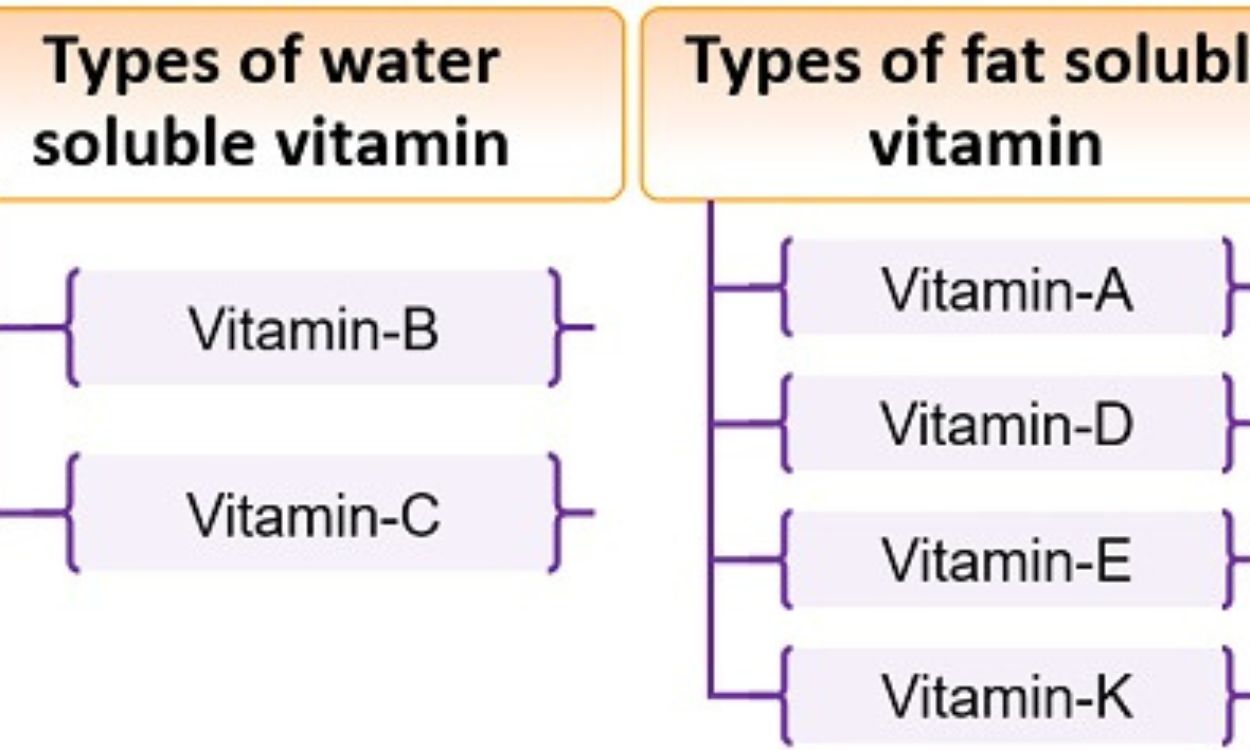Water-Slouble vs. Fat-Soluble Vitamins: What’s the Difference and Why Does it Matter?
Are you getting enough vitamins in your diet? Vitamins are essential nutrients that our bodies need to function properly, but not all vitamins are created equal. There are two main types of vitamins: water-soluble and fat-soluble. Understanding the difference between these two types of vitamins is important for maintaining good health and preventing nutrient deficiencies.
Water-Soluble Vitamins
Water-soluble vitamins are vitamins that dissolve in water and are not stored in the body. This means that they need to be replenished regularly through our diet. The water-soluble vitamins include vitamin C and the B vitamins (thiamine, riboflavin, niacin, pantothenic acid, biotin, vitamin B6, vitamin B12, and folate).
These vitamins are important for a variety of functions in the body, including energy production, immune function, and the formation of red blood cells. Because they are not stored in the body, it is important to consume them regularly through a balanced diet that includes fruits, vegetables, whole grains, and lean proteins.
Fat-Soluble Vitamins
Fat-soluble vitamins are vitamins that dissolve in fat and are stored in the body’s fatty tissues and liver. This means that they do not need to be replenished as frequently as water-soluble vitamins. The fat-soluble vitamins include vitamins A, D, E, and K.
These vitamins are important for a variety of functions in the body, including vision, bone health, immune function, and blood clotting. Because they are stored in the body, it is possible to consume too much of these vitamins, which can lead to toxicity. It is important to consume these vitamins in moderation and as part of a balanced diet that includes healthy fats, such as nuts, seeds, and fatty fish.
Why Does it Matter?
Understanding the difference between water-soluble and fat-soluble vitamins is important for maintaining good health and preventing nutrient deficiencies. Consuming a balanced diet that includes a variety of fruits, vegetables, whole grains, lean proteins, and healthy fats can help ensure that you are getting all of the vitamins and nutrients that your body needs.
At Fitpaa, we believe that achieving your health and fitness goals starts with a strong foundation of good nutrition. Our personalized Fitpaa Capsule includes a sustainable diet plan that is tailored to your individual needs and goals, including the right balance of water-soluble and fat-soluble vitamins. Our expert team of nutritionists, fitness coaches, and doctors will work with you every step of the way to help you achieve your health and fitness goals with guaranteed results.
If you’re ready to take control of your health and achieve your fitness goals, download the Fitpaa app today and start your journey to a healthier, happier you.









